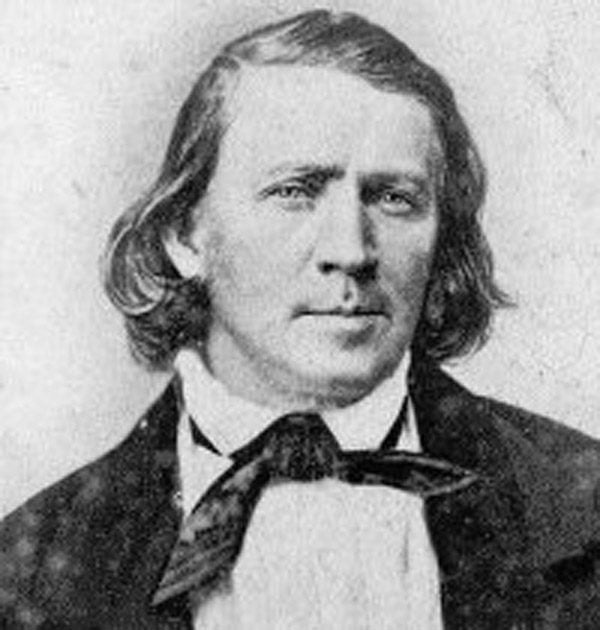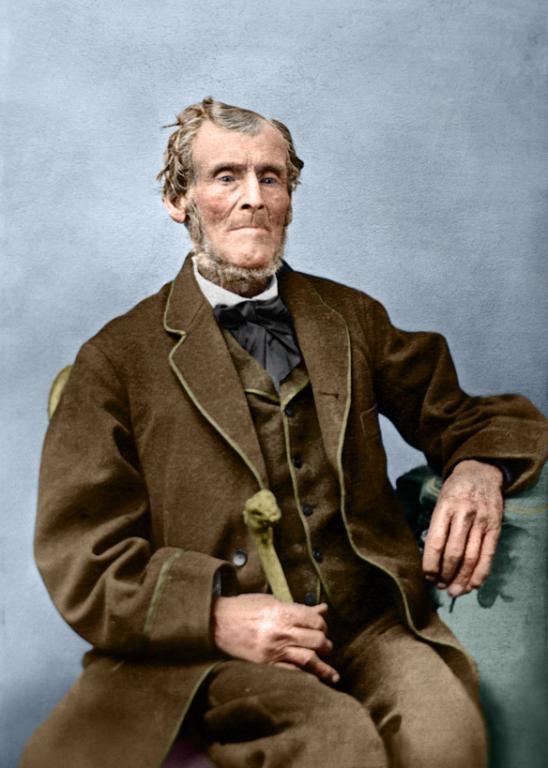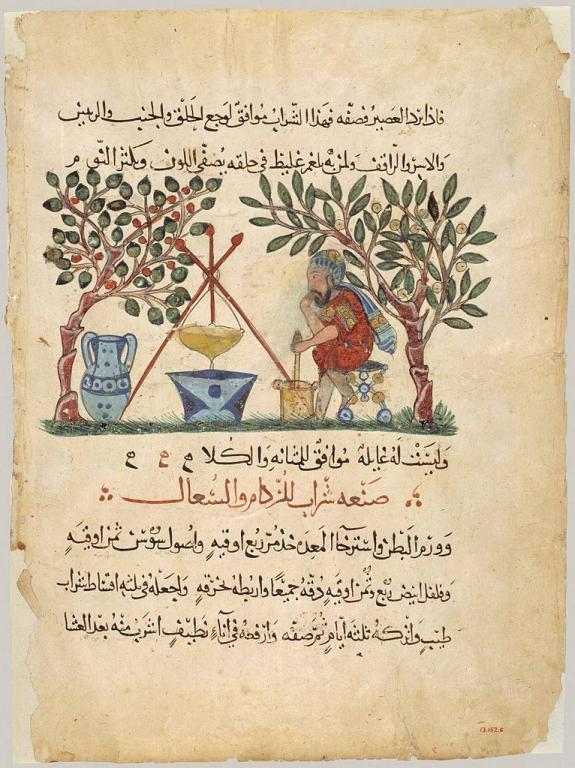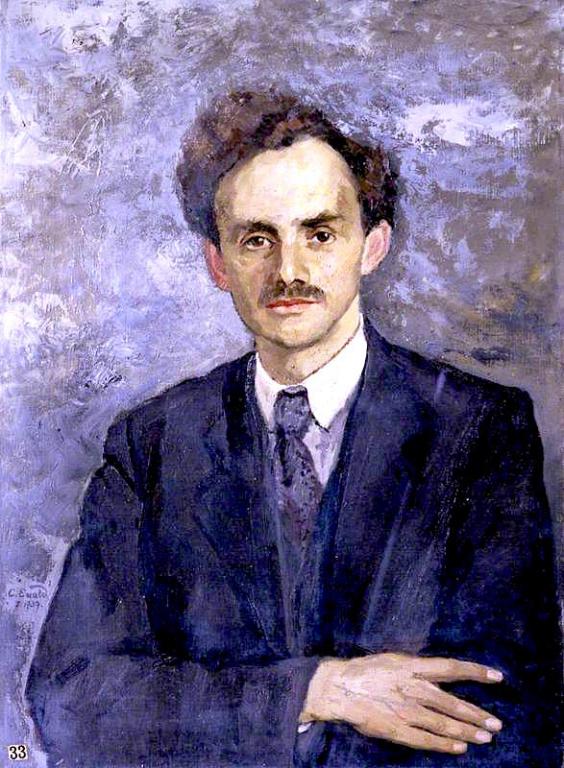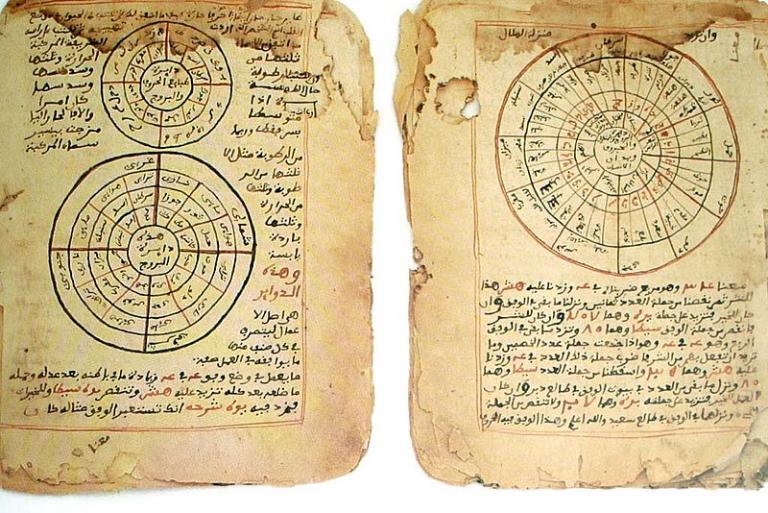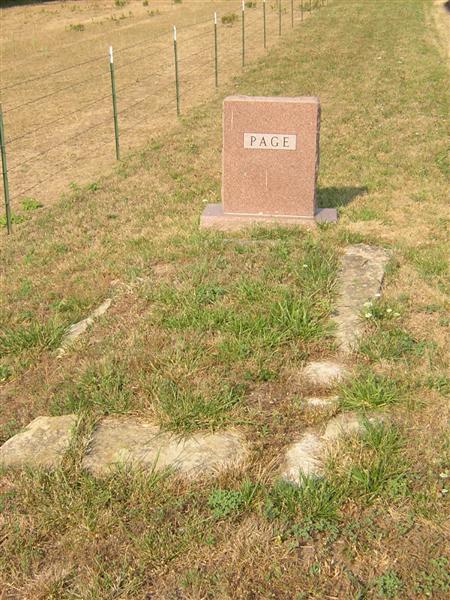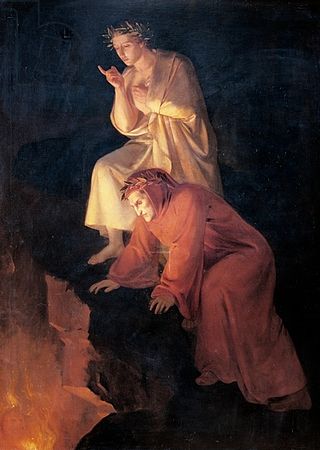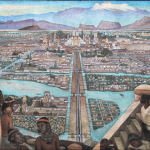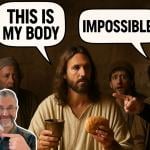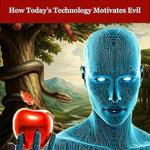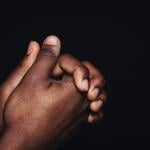The pressing need of the age is a system of religion that can recognize, at the same time, the truths of demonstrated science and the doctrines found in the pages of sacred writ, and can show that perfect harmony exists between the works and words of the Creator; a religion that will reach both the head and the heart–that is, will satisfy both the intellect and the conscience… Nothing short of this can satisfy the demands of this... Read more


